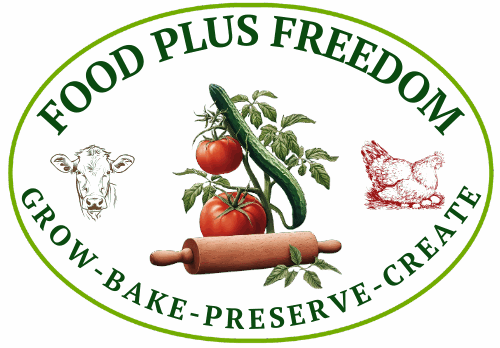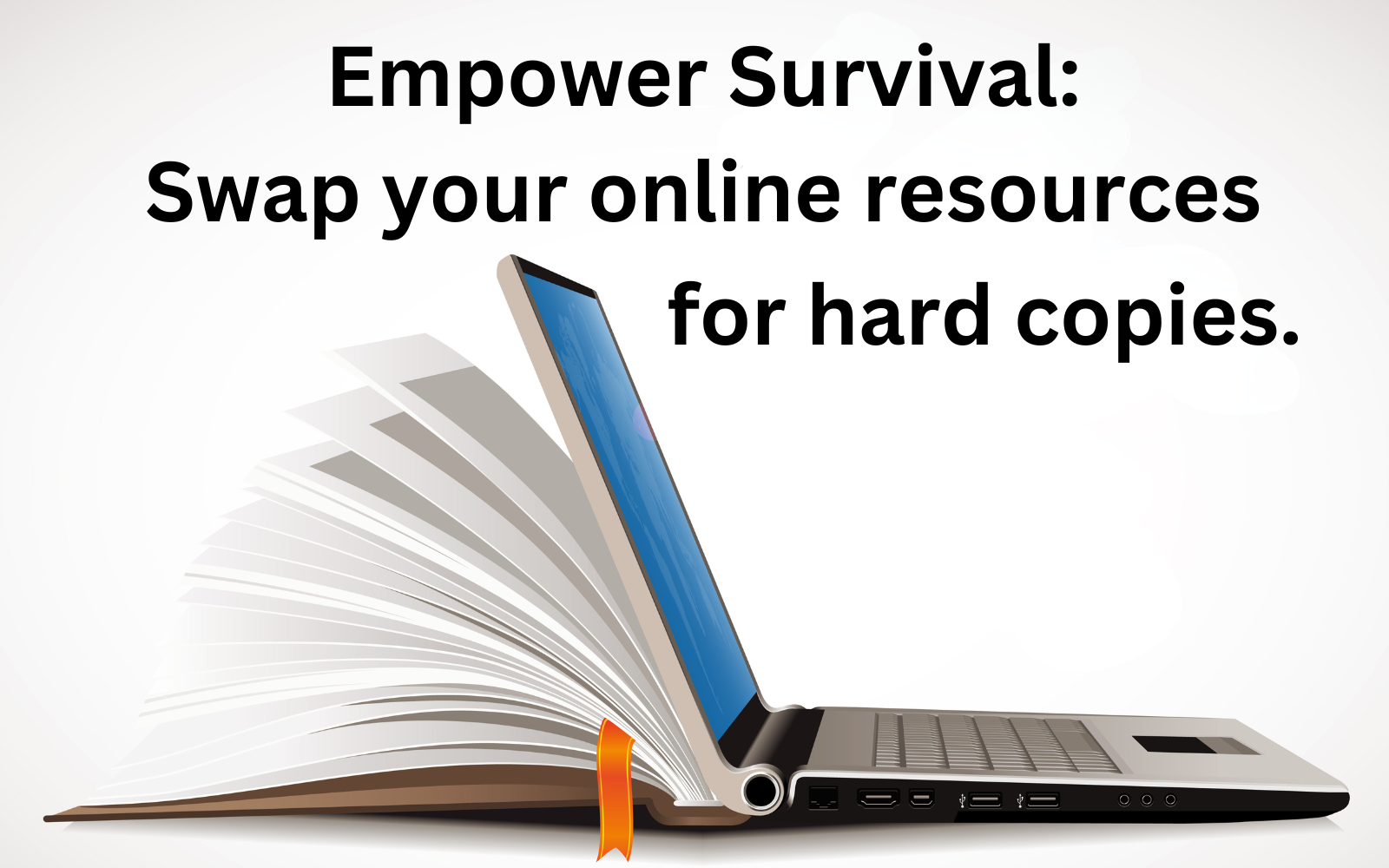Before the Internet, we had hard copies of the information we desired.
Believe it or not, once upon a time every household had books. If your house was lucky, you had something called an encyclopedia set. They were amazing, encyclopedias held knowledge about every subject from A to Z.
Since they were books, the information didn’t change at the whim of a person, agenda, or social trend. They were too expensive to republish and redistribute. No, there was great care in accuracy and citing references the first time.
Honestly, we all thought encyclopedias were a pain in the rear. They were heavy and the fonts were small. Plus, they used big words that had academic excellence connected to them. They made us learn, grow, and absorb information.
If you had a set of encyclopedias at home, it was easier than going to the library to do all your homework. Encyclopedias were the first line of defense for every research paper written at the time.
Yes, every library had several types of encyclopedias on hand. But you couldn’t check them out of the library for they were reference only. Meaning you had to use them in the library. Yes, this meant copying by hand or using a copier to gain the information you needed. No, we didn’t have cell phones to take a picture of the information either.
Yes, we also had this laminated card called a library card. It allowed us to borrow books, read them, and bring them back when we were done. Or within two or three weeks to avoid a penalty. We had it made. The library had everything we wanted to know at our fingertips. We either had to check out the books or make copies.
Plus, bookstores were huge, easy to find, and open long hours. If the bookstore didn’t have your book, they would go into their database and see if they could order it for you.
Gaining Information In Today’s World.
Today, you may think jumping online would be so much easier and smarter. Yes, and no. Yes, a quick search can be done in seconds. No, because once you find the information, you must store the links or information so you don’t lose it. How many times have you found the perfect information online, but couldn’t find it to use again?
There is the advantage of being able to locate several works on the same subject quickly. Be mindful and aware that each source isn’t copying the same information and rewording it. Plus, you need to be aware of AI (artificial intelligence), and if the information leans left or right. Plus, don’t forget to check the date the information was written and a link to the main source. Many articles do not contain this information online.
Even with being mindful and aware, someone could change the information without your knowledge. They could change it due to new information, which is a good feature of the web. Or the information can be deleted, changed, or redacted because of social pressure or agendas. This is very dangerous on so many levels, besides you losing the information you need.
Things we didn’t have to worry about…
- Finding the information a second time, because we’d been schooled in writing down bibliography information. AKA – name of the book, author, and publishing date. We could find the book, encyclopedia, or micro-film without a problem.
- The information being changed from one moment to another. It was printed and not easily disposed of, changed, or deleted.
- The internet being down. As I am writing this article meta, X, and some other social media platforms are down.
- Since we printed information or copied them by hand, we had the information we were putting together. I think all the papers we used for research back then took years to shred when we finally moved out of our parent’s houses.
- We didn’t have to worry about electricity to get the information we had discovered. We had hard copies.
- Lastly, we never thought about our computer crashing and losing all data we needed.
How to get your information from digital to hard copies?
Before the internet books collected dust on bookshelves, but we could find the information. Today, you have tons of bookmarks on your computer, cell phone, and other devices. You’ve saved search results and think you’ll get back to everything later. Only to be sidetracked to another website or information you’re pulled to.
Be honest with yourself. If you need information about any skill, you don’t have mastered you look online for it. In other words, when the internet goes down, you better have a phone number for someone with that skill or you’re screwed.
Solution: Empower survival by swapping your online resources for hard copies.
- Start collecting valuable books. Books that give you skills and information. Even if you don’t want to learn that skill now. Buy them when they are on sale to save money, then save them on a bookshelf or tote for easy finding.
- Start printing pages off the internet and put them in a three-ring binder. You can get the plastic protective sheets where you can slide papers into them for easy keeping, storing, and organization. You can also add tabs to the protective sheets to divide your books up for easy finding.
- Create different binders for different subjects, while combining like subjects together.
- Keep these binders handy for easy access to important information. Like what to do when the power goes out. Or how to start an herb garden. Any information which will be useful when there is no internet.
One more thing. Look at your resources, so you know what you have and what you need to get. Subjects such as gardening, herbal medicines, basic first aid, cooking, baking, etc. Anything you may use or want to learn in everyday life for more self-sufficiency. No, we aren’t waiting for the Zombie Apocalypse. Sometimes I think, we are already in the middle of it. Just kidding – maybe.
By having all your resources in hand, literally. You’re preparing for everyday life.
Grow Food – Eat Local – Gain Freedom!

